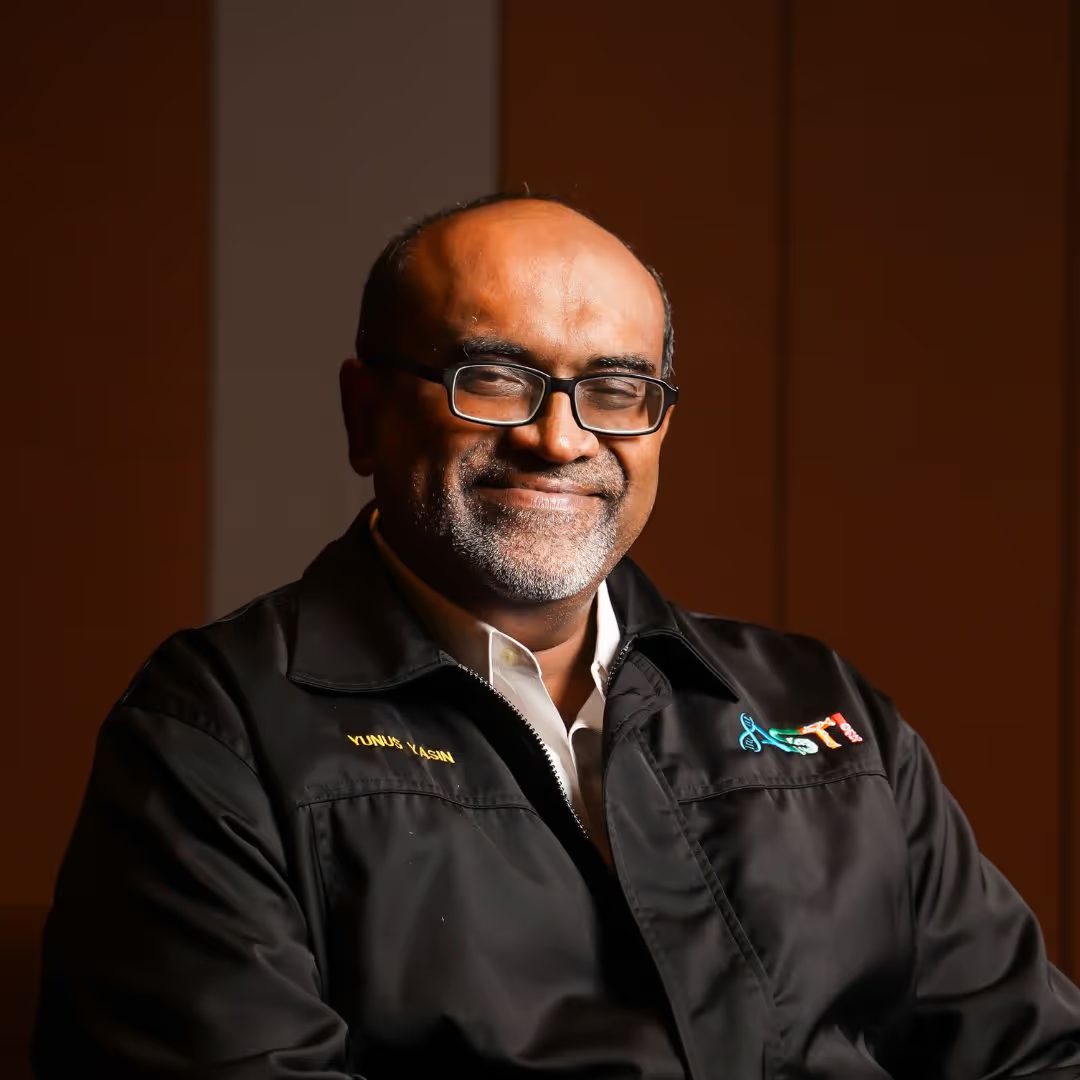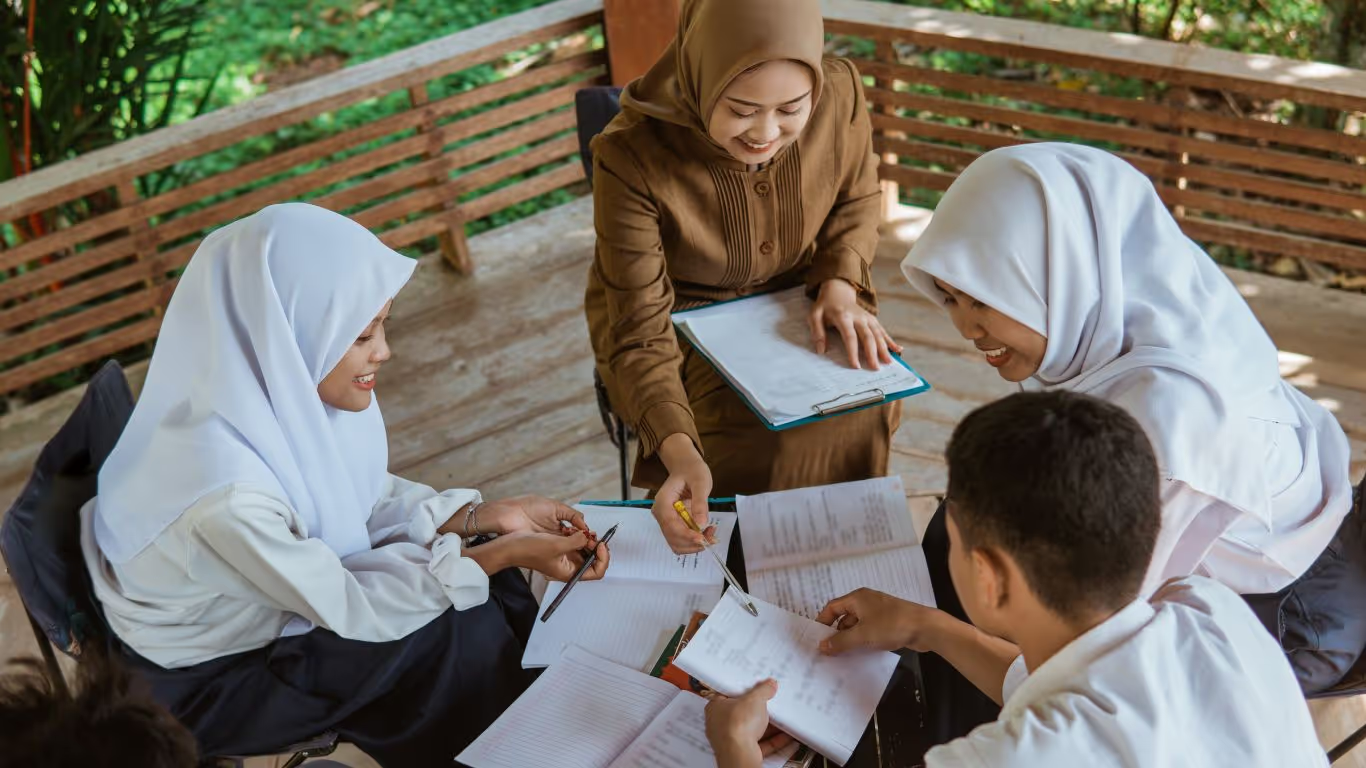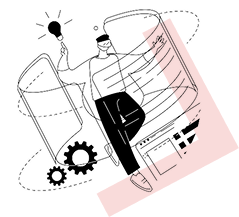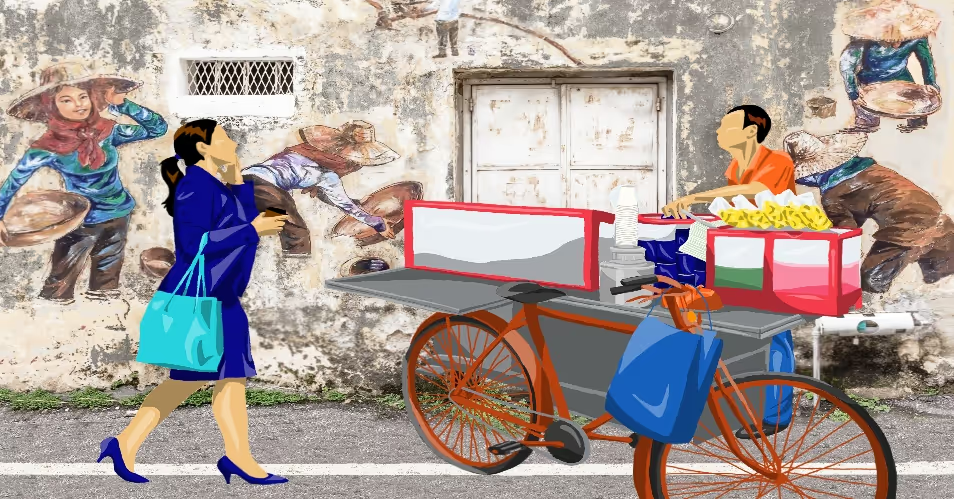
The Journey Begins with Understanding
As a child, I used to watch a great deal of television. I hatedreading, only realising years later that this was partly causedby my dyslexia. It was never diagnosed. This early strugglewould later shape my understanding of how different mindsrequire different approaches to knowledge. One of myfavourite television series was called "Kung Fu", with DavidCarradine as the protagonist. He played the role of a Shaolinmonk named Kwai Chang Caine, set during the "Wild West"in the United States. It was the time where law and orderwere uncommon and good people seemed rare. Cainetravelled across America in search of his step-brother.
He was affectionately called "Grasshopper" by his Shaolinmaster. The highlight of the show was Caine's flashbacks tohis time in the monastery, where he learnt important lessonsabout life. The Shaolin order from China was a Buddhistmonastic tradition built upon two main overarching principles: pragmatism, and the belief that a healthy mind can only reside in a healthy body.
Today, there is a real-life "Grasshopper" named Shi Heng Yi, a modern Shaolin monk andheadmaster of the Shaolin Temple of Europe. In one of his lectures, he explained that every humanbeing exists at different levels of growth and development. Everybody is given what he or sheneeds when they are ready to receive it. It is up to the individual to accept this 'gift' and use it toprogress to their "next level elevation".
Progress can only happen when one is mindful and asks what makes one happy, content and atpeace. Life is like a continuous journey and stagnation should be avoided at all costs. The needsand circumstances of each individual differ. Therefore, although the questions may be the same,the answers can be different depending on the person responding to the question. Sometimes,the answers can be the same, although the questions can be different. This highlights the multiplepaths to understanding.
The Educational Dilemma
This wisdom presents a fundamental dilemma in any education system. The very word 'system'entails standardisation. Modern and traditional systems alike require standardisation for massimplementation. It seems impossible, or at least extraordinarily difficult, to provide masseducation—or 'equal' education for all—without standardisation. Classrooms in schools anduniversities imply standardisation by their very nature. But this raises crucial questions: Isstandardisation a natural progression? When we speak of equal education for all, does 'equal'education mean to teach the same thing to everyone?
My own experience with undiagnosed dyslexia illustrates this tension. In a standardised systemthat privileged traditional reading and writing, I would have appeared to be a reluctant learner,or even stupid to teachers. Yet my mind was actively seeking knowledge through differentchannels—visual storytelling through television, philosophical concepts through narrative anddaydreaming of things that could be better. The system failed to recognise or accommodate thisdifferent learning pathway, potentially limiting not just my educational experience but that ofcountless others who process information differently
However, can we ever achieve comprehensive education or full literacy without some form ofstandardisation? Standardisation requires measurement, assessment, and comparison. Someexperts argue that facts are only possible if we can measure them. Without measurement, theyclaim, we would only deal with hypothesis or conjecture. This is because we cannot prove thingsto be true without quantifiable evidence.
The Limits of Measurement
Yet this raises the question: can everything meaningful be measured? Can love be measured? Cantruth be quantified? Can meaning be defined? In education, we often find ourselves trying toassess the immeasurable—creativity, critical thinking, emotional intelligence and wisdom. Somepeople are comfortable with inanimate objects precisely because they do not have minds of theirown, entailing fewer variables to measure. Modern research often prefers systems with minimalvariables for this very reason.
Newton likened the Universe to a clock, with God as the clockmaker—a simplified mechanicalmodel of existence. Although this model can be useful in many ways, this mechanical view can nolonger explain many recent scientific discoveries, particularly in quantum mechanics. Similarly,perhaps our mechanistic approach to education, with its emphasis on standardisedmeasurement, cannot fully capture the ‘quantum’ nature of human learning and development.
The Paradox of Individual Growth
Where do we stop being individuals and start being members of the wider community? Childrenare told to think outside the box without being warned that being outside the box can be lonely.Thinking outside the box means stepping outside the norm, venturing into territories where fewhave travelled before, and where everything a person encounters will be different. Being outsidethe box means there are no textbooks for reference, no Google searches, no ChatGPT prompts toguide them. Yet we tell these same children that they need to perform well in examinations, attenduniversity, and secure good employment—like everybody else
.This paradox extends beyond education into life itself. Like the protagonist, Dr. Bruce Banner, inanother series from the same era, "The Incredible Hulk", we often find ourselves on solitaryjourneys of discovery. Dr Banner travelled from city to city, alone, with a specific purpose offinding a solution to his problem. This journey was perilous, for he had no one to depend uponbut himself. Through his travels, he learnt about the human condition, about modernity, and mostimportantly, about himself. Both Caine and the Hulk's protagonist represent the archetypallearner—individuals on transformative journeys that cannot be replicated or standardised, yetwhich hold universal lessons and growth. This theme is repeated in many other TV series, suchas “The Quantum Leap”, “The Fugitive” and many other TV series of this genre.
Towards a Middle Way
Perhaps the best approach to this dilemma is to develop a middle way—a system that is hybridand flexible. Such a system would help individuals understand their current stage of developmentand decide which path they wish to pursue. Young people need the choice to continue on astandardised, technical path or to forge their own route. This decision should depend on theirstage of development and individual readiness
For this to succeed, children need confidence in their ability to direct their own learning. Theymust take charge of their developmental path, with formal education serving as one componentin their journey. They require the discipline and resolve to complete what they begin, the abilityto observe their surroundings and recognise available opportunities. They also need the selfawareness to understand who they are and, what brings them fulfilment to recognise their endgoal.
In our increasingly automated world, it may not matter what one does but how well one does it –to be the best at one’s vocation. Excellence requires dedication and practice. Can we imaginesomeone investing countless hours in something they despise? This reality makes the earlyidentification of individual passions and strengths crucial
Redefining Education's Purpose
“Helping individuals discover themselves” should be education's primary purpose. Educationshould build confidence to face life's challenges, develop resilience and diligence, and remainflexible enough to address the students' developmental needs at each stage of their journey. This is admittedly difficult, perhaps because we remain trapped within rigid definitions of what education should be.
Historically, arguments for rigidity have prevailed. However, with the advent of artificial intelligence and automation, humanity faces a critical juncture where this rigidity could proveself-defeating. The word 'educate' derives from two Latin roots: educare, meaning to "train" or"mould", and educere, meaning to "draw out" or "lead forth". Contemporary education emphasises the educare component. We must shift towards educere.
The concept of Guru in Indian languages means to "remove darkness"—to provide illumination.This implies that teachers provide light to see things clearly. However, the journey of discoveryremains the learner's responsibility, now that he sees things as they are. This transformationcannot be achieved through curriculum and policies alone; it requires exceptional teachers. Myfriend said this about a good teacher, “A student may not remember everything they were taught,but they will always remember that someone cared”.
The Path Forward
Good teachers are integral to any education system, but only if they can build their students' confidence to embark upon the journeys of discovery, regardless of the subject being taught. The ultimate target of any education system must be the learner. Learning is fundamentally an individual process—a journey that is often solitary but need not be lonely when properly supported.
We cannot teach those who do not wish to learn, but we can create conditions where learningbecomes a natural expression of human curiosity and growth. Like the wanderer seeking truth inan uncertain world, each learner must find their own path whilst being supported by wisdom,compassion, and the recognition that every individual's journey, though unique, contributes toour collective understanding and well-being.
The challenge ahead lies not in choosing between standardisation and individuality, but increating educational environments sophisticated enough to honour both the need for sharedknowledge and the irreplaceable value of personal discovery. Only then can education fulfil itstrue purpose: not merely filling minds with information, but nurturing the development of theholistic human beings, to achieve his or her full purpose.















